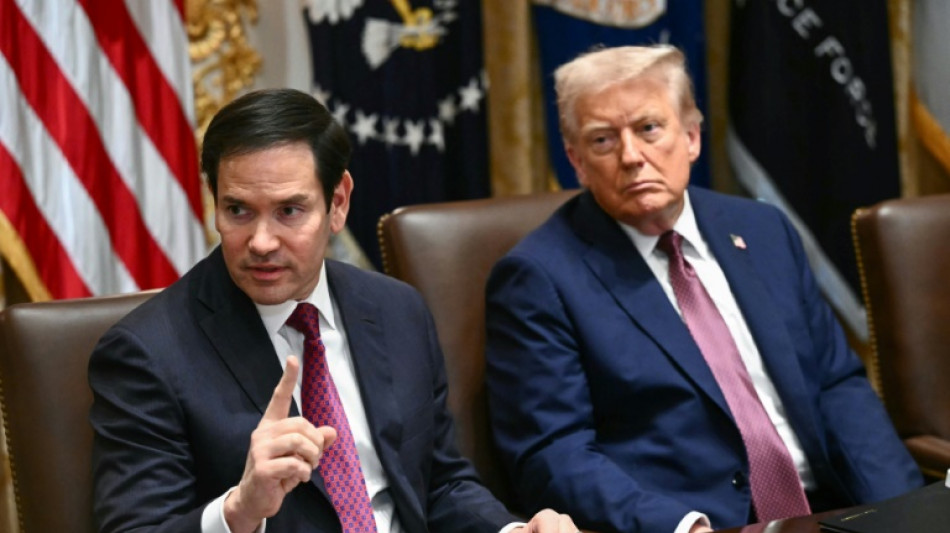

Rubio to visit Mexico, Ecuador next week to discuss migration, China: US
Marco Rubio next week will pay his first visit to Mexico as the top US diplomat, as President Donald Trump presses for cooperation against migration and cartels, the State Department said Thursday.
The US secretary of state will also travel to Ecuador to see US-friendly President Daniel Noboa and encourage the South American country to take a greater distance from China, a US official said.
Rubio on both stops will seek "swift and decisive action to dismantle cartels, halt fentanyl trafficking, end illegal immigration" and counter "malign extracontinental actors," State Department spokesman Tommy Pigott said.
It will be Rubio's third visit to Latin America in the seventh-month Trump administration, the first Latino secretary of state and an ardent foe of Latin America's leftists.
But Rubio, who doubles as Trump's national security advisor, has yet to visit neighboring Mexico, a crucial partner in the administration's goal of cracking down on undocumented immigration.
A US official, speaking on condition of anonymity, said Rubio was expected to meet during his visit Tuesday and Wednesday to Mexico City with President Claudia Sheinbaum, who has forged a respectful if complicated relationship with Trump.
Sheinbaum has promised to work with Washington on tackling undocumented migration and drug trafficking, and Trump has spoken highly of her, much as he did in his first term of her predecessor Andres Manuel Lopez Obrador -- a leftist, like Sheinbaum.
But Sheinbaum has also rejected any "invasion" that threatens Mexico's sovereignty after Trump signed an order authorizing military force against cartels, which his administration has declared to be terrorist organizations.
Sheinbaum earlier this week suggested that Rubio would come to sign a security agreement.
Such a formal accord would lay out cooperation but also implicitly treat Mexico as a sovereign partner.
The US official played down potential for a major, formal agreement, saying that the United States was looking at "down-in-the-weeds stuff" and not "declarations of sovereignty and everything."
"Obviously we recognize Mexican sovereignty, and they recognize our sovereignty, but that that doesn't mean we can't cooperate together," he said, praising Mexico for stepping up on its own against cartels.
M.Martin--PI




